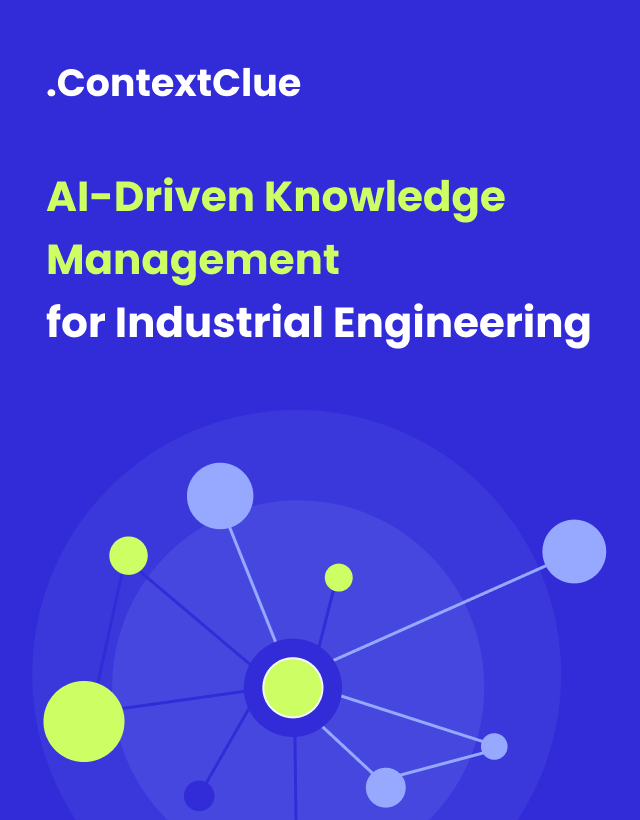
November 04, 2025
Addepto Joins Forces with ASI Institute for Executive Certificate in Applied AI for Airports
Author:

Reading time:
6 minutes
Addepto is partnering with the ASI Institute, under the patronage of IAAE, to contribute to the Executive Certificate in Applied AI for Airports – a professional program addressing the critical gap between AI capabilities and their practical implementation in aviation operations.
Taking place November 19-21, this three-day intensive program will equip airport executives and managers with practical knowledge to strategically embed AI across planning, operations, and commercial functions.
As workshop leaders within this program, we’ll share insights from our years of implementing AI solutions across airports and airlines, demonstrating how theoretical AI concepts translate into operational improvements and measurable business impact.
The Aviation AI Implementation Challenge
Airport and airline executives face a common dilemma: AI promises significant operational improvements, but the path from concept to deployment is unclear. Questions like “How do we start?”, “What data do we actually need?”, and “Which problems should we prioritize?” often stall initiatives before they begin.
Our experience implementing solutions across baggage tracking, aircraft turnaround optimization, and stand allocation has revealed a consistent pattern: while data challenges are universal, their aviation-specific applications require deep operational understanding. An AI model is only as valuable as its integration into existing workflows and its alignment with actual operational constraints.
This program was born from this need, connecting business strategy with data and AI technology in ways that deliver measurable outcomes, not just buzzwords.
Core Topics Covered in the Program
The certificate program will establish foundational knowledge areas critical for aviation leaders considering AI implementation:
- Understanding Data Requirements for AI Systems – The program begins with data fundamentals: training versus operational data, differences between computer vision and language model requirements, and data protection strategies. Participants will explore the complete AI project lifecycle, understanding what’s required before any AI project begins.
- Document Management with Large Language Models – Sessions demonstrate practical LLM applications in aviation document workflows: natural language querying of contract repositories, automated stakeholder feedback collection, template-based document generation, and validation mechanisms for consistency. Participants will engage in hands-on exercises exploring applications beyond standard contract management.
- Aircraft Stand Allocation Optimization – The program addresses one of aviation’s most complex operational puzzles, balancing aircraft compatibility, passenger connections, terminal assignments, ground handling, and commercial considerations. Sessions present the technical problem structure and facilitate discussions on how different airports approach this challenge and how AI-driven optimization improves efficiency and revenue.
- Identifying High-Value AI Applications – Participants will learn that not every problem needs AI, and not every AI solution delivers ROI. Sessions examine where AI creates genuine value through optimization algorithms, computer vision, and natural language processing. Real implementations illustrate what works, what doesn’t, and why.
The program is designed for busy airport leaders – no data science background required. Participants will leave equipped to translate AI concepts into measurable strategic outcomes, strengthen decision support systems with predictive insights, and craft board-ready roadmaps, RFPs, and governance frameworks.
Our Aviation AI Experience: From Concept to Operational Reality
Our contribution to this program is built on real projects that moved from pilot programs to production systems, delivering measurable improvements in efficiency, cost savings, and passenger experience.
Here’s what we’ve learned by building AI solutions that actually work in aviation environments:
- Real-Time Baggage Tracking and Prediction – We developed a platform that provides airlines with predictive insights into baggage flow, reducing mishandling incidents and improving passenger experience. The technical challenge wasn’t just tracking but also predicting delays and bottlenecks before they cascaded through the system.
- Aircraft Turnaround Optimization – By analyzing ground operations data, we helped optimize the complex choreography of aircraft servicing. The solution reduced turnaround times while maintaining safety standards, a balance that requires understanding both AI capabilities and operational realities.
- Airport Stand Assignment Optimization – We implemented an AI-driven system that optimizes stand allocation considering multiple business objectives simultaneously. This project exemplifies the complexity of aviation AI: the algorithm must respect hard constraints (safety, aircraft compatibility) while optimizing soft objectives (passenger experience, operational costs, commercial revenue).
- LLM-Based Operations Assistant – We deployed a language model-powered assistant that helps airport staff quickly access operational information, procedures, and historical data. The key innovation was making institutional knowledge accessible through natural conversation rather than complex database queries.
- Air Transport Communications Solutions and AI-Driven Document Generation – These projects addressed the documentation and communication overhead in aviation operations, automating routine tasks while maintaining compliance and accuracy.
What Makes Aviation AI Different
Through these implementations, we’ve learned that successful aviation AI projects share common characteristics:
- Operational Constraints Are Non-Negotiable
Unlike many commercial AI applications, aviation systems must respect absolute safety and regulatory requirements. An optimization algorithm that saves 10 minutes but creates a safety risk is worthless. This means AI models must be designed with constraint satisfaction as a primary objective, not an afterthought. - Data Quality Varies Significantly
Airports and airlines have vastly different data infrastructure maturity. Some have decades of digitized operational data; others are still consolidating systems. Successful AI strategies must account for current data reality, not idealized scenarios. - Integration Complexity Is Underestimated
The technical AI component is often the easier part. Integrating with legacy systems, training staff, and adapting operational procedures typically consume more resources than model development. This is where domain expertise becomes critical. - ROI Must Be Measurable
Aviation operates on thin margins. AI initiatives need clear business cases with measurable outcomes: minutes saved per turnaround, reduction in mishandled baggage, improvement in stand utilization, or decreases in documentation time.
Why This Partnership Matters
The aviation industry needs more than AI vendors; it needs partners who understand both the technology and the operational environment.
The Executive Certificate program reflects that philosophy: combining technical AI knowledge with aviation domain expertise to help leaders make informed decisions about AI adoptio, and our partnership with ASI Institute and IAAE represents our commitment to bringing clarity and awareness to the industry.
For Aviation Decision-Makers
If you’re evaluating AI initiatives for your airport or airline, this program offers practical frameworks for:
- Assessing which operational challenges are well-suited for AI solutions
- Understanding data requirements before committing to projects
- Evaluating vendor capabilities and solution maturity
- Building internal teams that can manage AI systems effectively
- Measuring ROI and iterating based on operational feedback
The Executive Certificate in Applied AI for Airports takes place November 19-21.
For more information and registration, check out The ASI Institute.
Category:






